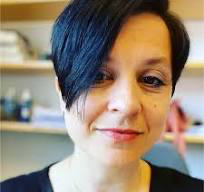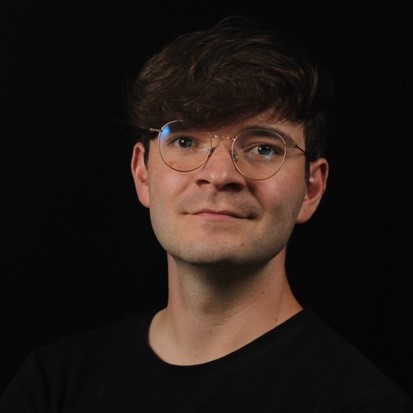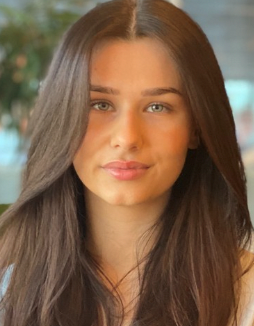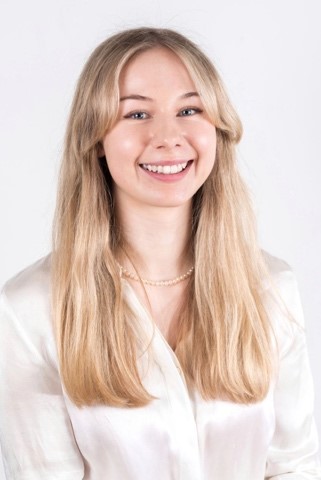Empowering students’ autonomous second language learning with LLMs
[Recording: Workshop excerpts]
In today’s world, acquiring a second language is increasingly vital for personal, academic, and professional growth. However, second language learners often struggle in blended and online learning settings, requiring a high level of autonomy to succeed. Recent advances in GenAI technologies may offer several opportunities for teachers and learners in this regard. At the same time, we must be aware of the challenges related to ethical issues such as academic integrity and trust in using such tools. This workshop aims to explore and experiment with innovative strategies leveraging large language models (LLMs) to empower teachers and learning advisors in guiding their students in the effective use of LLMs such as ChatGPT or ChatPDF for autonomous language learning. Further, this workshop will also offer a set of guidelines to language teachers and learning advisors about how LLMs could be effectively used in their teaching/advising practice aimed at supporting students’ self-directed language learning practices. Finally, challenges linked to the use of LLMs in second language teaching and learning will be discussed. The hands-on portion of the workshop will provide participants with the opportunity to share best practices and interact with LLMs as well as experiment with language tasks and prompts. Participants will also learn how to tailor LLMs to meet the diverse needs of second language learners.
Date / Time: March 25th, 9:30-11:30 am (Japan Time)
Location: 8-101 (in KUIS 8)
Target audience: language teachers, learning advisors, researchers, and students.
About the facilitators
Olga Viberg

Olga Viberg is associate professor in Media Technology with specialization in Technology-Enhanced Learning at the Department of Human-Centered Design. Viberg’s research includes a focus on the learning analytics and AI in higher education, integration of formal and informal learning environments, design for (language) learning, self-regulated learning, computer-assisted collaborative learning, cross-cultural research and responsible use of student data in education, focusing on the issues of privacy and trust. Viberg is an active member of the Digital Futures group on Educational Transformation at KTH. She has served as the keynote speaker at several prestigious international conferences (e.g., EDUCON, IMCL) and contributed to UNESCO’s policy work. She has served as the PC chair for the two high ranked conferences in 2023: Learning@Scale 2023 and ECTEL2023. Viberg serves as the Editor-in-Chief of the International Journal of Learning Analytics.
Ward Peeters

Ward is a Lecturer in Linguistics at Monash University (Australia) and a Visiting Professor at Kanda University of International Studies (Japan). His main research interests include studying digital discourse in language learning contexts, language acquisition and development, and learning analytics. Ward teaches on the application of LLMs in language education and builds bridges between linguistic research and IT development. Ward has coordinated research projects in Australia, Belgium, Japan, the Netherlands and South Africa as part of an extensive study on computer-supported collaborative language learning. He also serves as editor for the Australian Review of Applied Linguistics.
Nora Dunder

Dunder is currently pursuing a master’s degree in computer science with a specialization in Data Science at KTH Royal Institute of Technology. With a strong technological background, she is engaged in exploring the intersection between digital technology and teaching and learning practices in higher education. Considering her young age, she has been working as a tutor for several years, both in several courses at KTH and outside. Dunder has also been actively engaged in the digital transformation of selected courses and has been selected for participation in the exchange research program with UC Berkeley in 2024.
Saga Lundborg

Saga Lundborg is pursuing her Master’s in machine learning at KTH Royal Institute of Technology in Sweden. Her bachelor’s from KTH was in media technology where her interests of interactive educational technology and machine learning come together. This spring she is studying at the National University of Singapore. She has both worked as a tutor for elementary school kids in various subjects and a teaching assistant in programming courses at KTH. Saga has also worked with the development of course material at her institution and has been selected for participation in the exchange research program with UC Berkeley in 2024.
